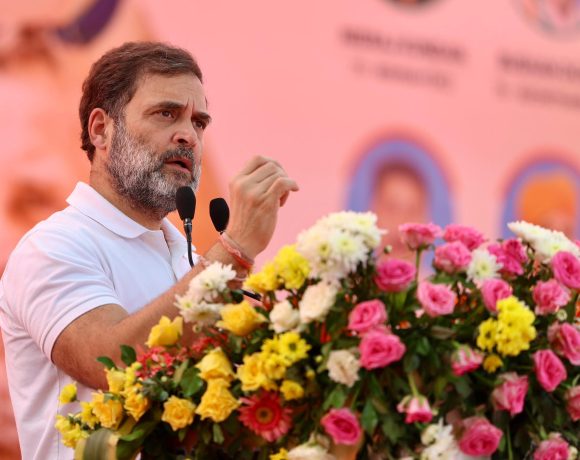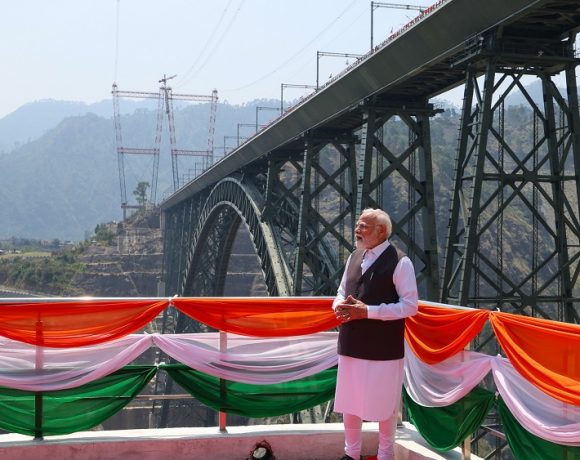
Omar Abdullah Backs Indus Treaty Suspension, Calls It ‘Most Unfair’
Jammu and Kashmir Chief Minister Omar Abdullah has backed the Central Government’s move to suspend the Indus Waters Treaty with Pakistan, calling the decades-old agreement the “most unfair document” ever imposed on the people of Jammu and Kashmir. His remarks come amid heightened diplomatic and military tensions between India and Pakistan following the deadly Pahalgam terror attack.
Treaty Never Benefited J&K, Says Omar
Omar Abdullah stated that the treaty, brokered in 1960, never had the approval of the people of Jammu and Kashmir and disproportionately disadvantaged the region. “It’s one of the most unjust documents ever signed for the state,” he said, stressing that while he supports the suspension, its medium to long-term impact should be closely observed.
Abdullah’s comments mark a rare moment of political consensus across party lines in the region, where the Indus Waters Treaty has long been a subject of grievance due to restrictions it places on local hydroelectric development and water usage.
India Tightens Stance After Pahalgam Attack
The suspension of the treaty follows the terror attack in Baisaran Valley, Pahalgam, which claimed the lives of 26 civilians, including tourists. In response, the Indian government initiated a series of strong retaliatory measures against Pakistan. These included the closure of the Attari land-transit route, the expulsion of Pakistani military attaches, revocation of visas, and advisories for Indian citizens to avoid travel to Pakistan.
Union Home Minister Amit Shah convened a high-level meeting to assess the broader strategic impact of the treaty’s suspension. Jal Shakti Minister CR Paatil, present at the meeting, declared that India would now ensure “not a single drop of Indus water” flows into Pakistan—signaling the government’s hardline position on leveraging water as a diplomatic tool.
Rising Tensions, International Watchfulness
Pakistan, in response, labeled the suspension of the treaty an “act of war” and warned of repercussions. The Indus Waters Treaty, considered one of the few enduring bilateral arrangements between the two nations, governed the allocation of water from six rivers flowing through both countries.
With the agreement now suspended, tensions between the nuclear-armed neighbors have escalated. The international community has urged both sides to show restraint and seek diplomatic solutions, even as ground realities suggest a hardening of positions on both ends.
As the subcontinent navigates yet another moment of confrontation, the political, ecological, and humanitarian implications of weaponizing water are set to come under intense global scrutiny.


















